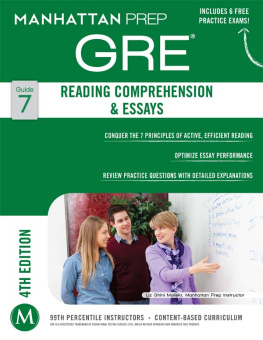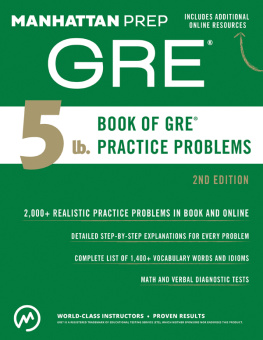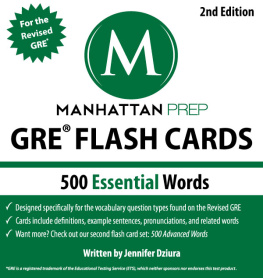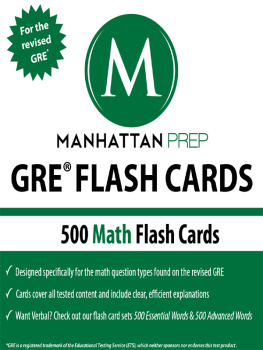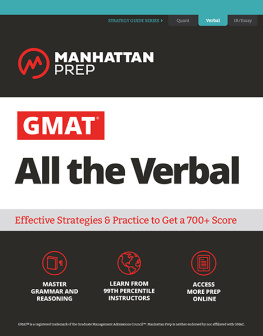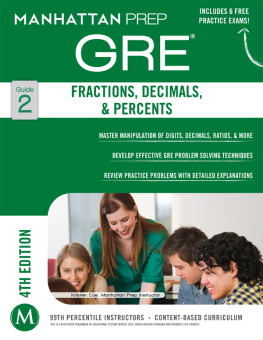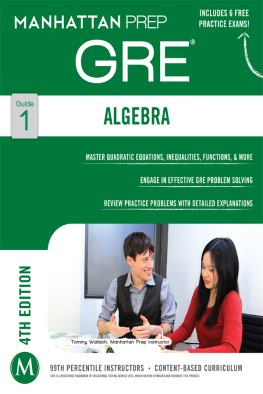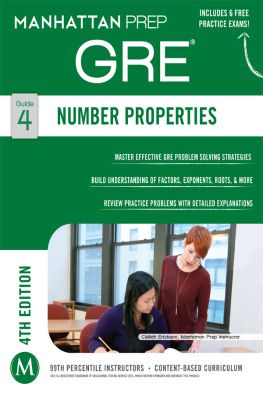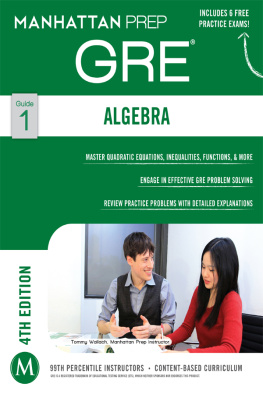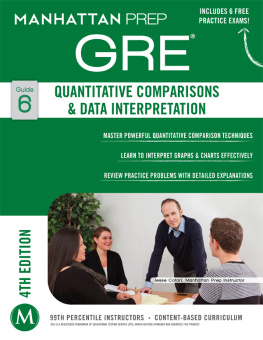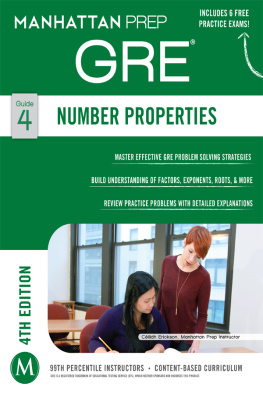Introduction to Specialized Terms
Compared with the other Verbal question types, Reading Comprehension is less concerned with your knowledge of vocabulary. Every specialized term is defined to a sufficient degree within the passage. Moreover, even difficult normal words are used in context; as a result, you have an enormous leg up on knowing what the words mean.
That said, Reading Comprehension can still try to scare you off with puffed-up vocabulary and difficult idioms. For a comprehensive lesson on learning vocabulary and idoms, see our Text Completion & Sentence Equivalence Strategy Guide. In the meantime, here is an introduction to some ten-dollar words that have appeared in previous GRE passages.
1. Pure Jargon
Pure Jargon words are specialized terms that the passage defines on the spot, almost always within the same sentence. There is no expectation that you've ever seen these words before. For example:
afterward, the politician began to practice Priusisma philosophy espousing the use of low-emission vehicles
he also began to eat low-carbon vegetables, such as aconiteotes and pleonasmides
The bolded terms are completely made up!
Pure Jargon terms can refer to particular animals, plants, minerals, or chemicals that play some kind of role (important or trivial) in the story. Or they might represent medical conditions, social movements, foreign words, and so on.
Here are some examples from published GRE passages. These words will not be defined here, nor should you go look them up (even if you recognize a few). After all, they will be defined in the passage!
Achondrite
Appendicularian
Chondrule
Flux (in metallurgy)
Hypercholesterolemia
Igneous
Leitourgia
Phytoplankton
Saint-Simonianism
Shergottite
Siderophore
Zooplankton
To deal with a Pure Jargon term, first assess how important it is. If it's just a side example, ignore it. But if it seems to play a big role in the passage, then abbreviate it to a single capital letter in your notes.
For instance, in one published GRE passage, shergottites are very important. In fact, they present the central puzzle of the passage.
When you read that passage, you could write this: S's = big puzzle
Notice that you can get a sequence of these Pure Jargon terms: X is used to define Y, which then is used to define Z. In the shergottite passage, first igneous is defined, then achondrites and chondrules, and finally shergottites are defined as a particular type of achondrite. There's nothing crazy here. Just keep track of the sequence!
2. Semi-Jargon
Semi-Jargon words are a bit more common than Pure Jargon. You may have heard or seen these words before. The passage may not stop to define these words, but it will give you enough within a couple of sentences to figure out a working definition.
Here are a few examples of Semi-Jargon words from published GRE passages, together with the working definition you can piece together from context:
Empiricism = a philosophy of using observations to gain knowledge
Isotope = some kind or version of a chemical element
Lymphocyte = something from the immune system that attacks foreign stuff in the body
Magistrate = some kind of public official
With Semi-Jargon words, you need to be okay with partial, incomplete definitions. It may bother you that you don't know or remember more. Relax; you can rely on the contextual meaning.
3. Glued-Together Words
Glued-Together words mean exactly what you'd guess they mean: two more common words are mashed together into one. They look fancy and imposing, but don't be intimidated. Just break them into parts.
Here are some examples from published GRE passages:
Circumstellar = around a star
Deradicalized = something made not radical or extreme
Geochemical = having to do with geology and chemistry
Historicophilosophical = both historical and philosophical
Knowingness = quality of knowing something
Presolar = before the sun
Sociodemographic = having to do with both sociology and demography; the study of populations
Spherule = tiny sphere or globule
4. Common Words Used in Fancy Ways
This isn't a big category, but it's worth watching for. You may come across a common word that momentarily confuses you, because it's used in a literary way, not the way you'd use it in speech.
Here are a couple of examples:
Argue = argue for
The absence of rhyme argues a subversion = the absence of rhyme argues FOR a subversion
Minute = small
Minute quantities = small quantities
If a common word trips you up, ask yourself how else you might use it in writing.
5. Vocab You Oughta Know
These words are the most dangerous, because although the passage will still give you context, it will give you less context for them than for the Pure Jargon or Semi-Jargon words. In fact, if you aren't sure what these words mean, you might struggle briefly as you sort out the possible meanings.
However, if you know these words outright, you will move faster through passages. Moreover, these words are ones you're generally studying for the rest of the Verbal section, so you should be in good shape anyway!
Here are a few favorites (ones that have shown up in more than one published passage):
Ephemeral = short-lived, vanishing
Fluctuation = a change up and down, variation
Ideology = system of beliefs (also ideological)
Unequivocal = without a doubt, unambiguous (also unequivocally)
Vocabulary List for the GRE
Abate Reduce or diminish
Her stress over spending so much money on a house abated when the real estate broker told her about the property's 15-year tax abatement.
Aberration, Anomaly Something that stands out or is abnormal. Outlier is similar.
The election of a liberal candidate in the conservative county was an aberration (or anomaly), made possible only by the sudden death of the conservative candidate two days before the election.
Acclaim Great praise or approval
Accord, Discord Accord is agreement, and discord is disagreement
Our management is in accord with regulatory agencies; we agree that standards should be tightened.
Acquisitiveness Desire to acquire more, especially an excessive desire
The firm did well in buying up its competitors as a means of growth, but its acquisitiveness ultimately resulted in problems related to growing too quickly.
Acreage Land measured in acres
Our property is large, but much of the acreage is swampland not suitable for building.
Adhere to and Adherent To stick to (literally, such as with glue, or metaphorically, such as to a plan or belief). An adherent is a person who sticks to a belief or cause.
The adherents of the plan won't admit that, in the long term, such a policy would bankrupt our state.
Employees who do not adhere to the policy will be subject to disciplinary action.
Ad-lib Make something up on the spot, give an unprepared speech; Freely, as needed, according to desire
We have ended our policy of rationing office suppliespens may now be given to employees ad-lib.
Adopt Take and make one's own; vote to accept. You can adopt a child, of course, or a new policy. To adopt a plan implies that you didn't come up with it yourself.
Advent Arrival
Before the
Next page
